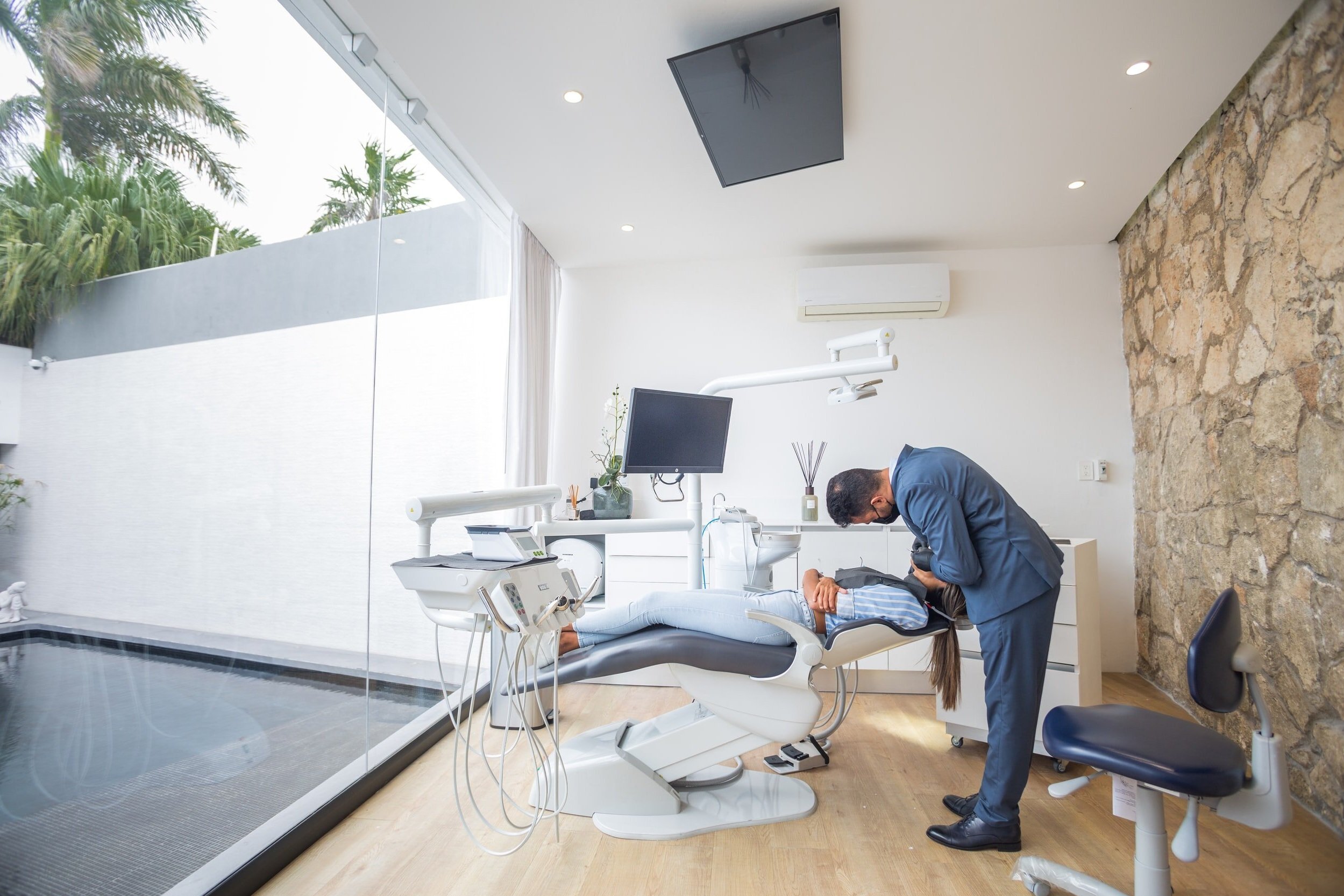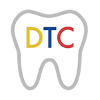
How to care for your dental crowns
Taking care of your new crowns is not hard but here are a few things you should keep in mind.
Practice good oral hygiene
The most important thing you can do is maintain good oral hygiene. This will extend the life of your dental crowns. While your crowns are not susceptible to decay, your underlying teeth are. Bad dental habits increase the risk that your natural teeth will develop cavities and/or tartar. These dental issues will put the integrity of your crowns at risk.
Proper oral hygiene will also prevent gum disease. Gum disease is particularly problematic for crowns. It causes your gums to recede, exposing the top edge of your veneer and tooth. This is less aesthetic and further increases the risk of damage.
Avoid hard foods
You can still enjoy all your favorite foods and beverages with crowns. Veneers are strong enough to withstand normal chewing forces.
However, it’s possible to chip them on hard foods. Your natural teeth below the crowns are vulnerable to the same damage. Popcorn kernels, hard candy, hard breads, and ice are some of the most common reasons for damage.
Avoid biting hard items
Biting on inedible items such as pens can wear down your crowns and cause damage over time. Take note of any unconscious chewing habits you may have.
Avoid teeth-staining drinks and tobacco products
Drinks like red wine, coffee, tea, and soda increase the chances of staining your crowns and underlying teeth. Cigarettes and tobacco products will also stain your crowns.
Use non-abrasive toothpaste
Some toothpaste brands contain ingredients that are too abrasive for your crowns. Check the ingredients for substances like hydrogen peroxide, sodium bicarbonate, or baking soda. The former will eat away at your crowns’ surface while the latter’s gritty texture will cause the crowns to lose their color and sheen.
In general, choose gel products over those in paste form as they tend to contain none of the ingredients mentioned. Toothpaste with fluoride will prevent tooth decay as well.
No need to use teeth whitening toothpastes either. They are not necessary and may even be detrimental to your crowns.
Use a soft toothbrush
Pick a toothbrush with soft bristles. Hard toothbrushes will scratch the surface of your crowns.
Do not grind your teeth
If you grind your teeth in your sleep, we can give you a custom made mouth guard. Excessive grinding can cause your crowns to crack, chip, and break down.
If you develop a grinding habit after the crowns have been placed, see a local dentist who can create a mouth guard.
Uneven bite
In most cases, your bite is normal after a dental crown procedure. However, it can sometimes be difficult to sense the bite when your mouth is numb. If you find that your bite is uneven once your anesthesia wears off, please contact us. We will fix the bite to keep the crown from cracking as a result of a "high" bite.
Discomfort or sensitivity
Your newly crowned tooth may be sensitive as the anesthesia begins to wear off. If the crowned tooth still has a nerve, you may experience heat and cold sensitivity. If so, brush with toothpaste designed for sensitive teeth. Pain or sensitivity when you bite down can indicate the crown sits too high on the tooth. If this is the case, please let us know as soon as possible.
Chipped crown
If the chip is small, a composite resin can be used to repair the chip with the crown. If the chip is extensive, the crown may need to be replaced.
Loose crown
Sometimes the cement washes out from under the crown. Not only does this allow the crown to become loose, it allows bacteria to leak in and cause decay to the tooth that remains. If a crown feels loose, please let us know.
Crown falls off
Sometimes a crown can fall off as a result of underlying tooth decay and loosening of the cementing material used to place the crown. If your crown comes off, clean it and the front of your tooth. You can replace the crown temporarily using dental adhesive or temporary tooth cement, sold in stores for this purpose. Contact us immediately. A dentist may be able to re-cement the crown in place. If not, a new crown will need to be made.
Visit your local dentist regularly
It’s important to see your local dentist every 6 months. They remove tartar and keep your oral health in check, avoiding decay and cavities that, as we’ve previously stated, will damage your crowns.
